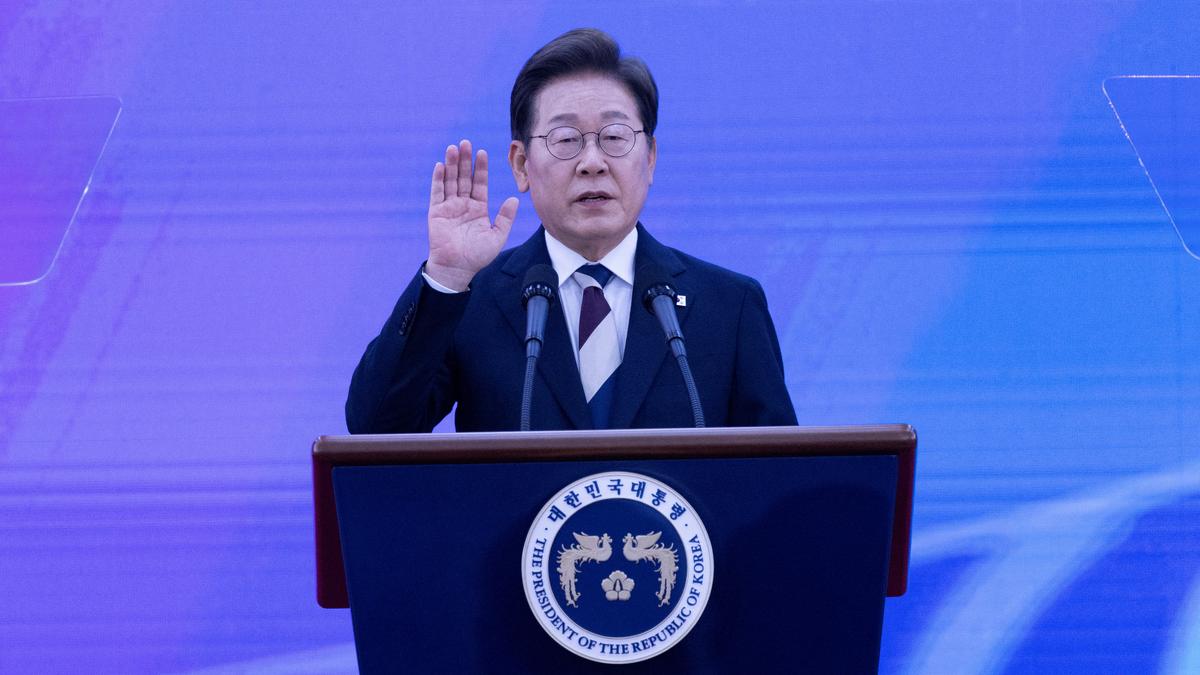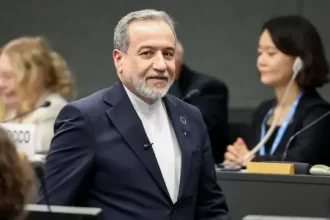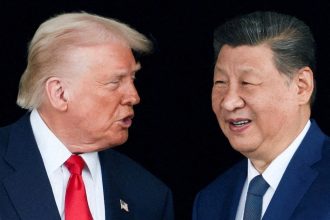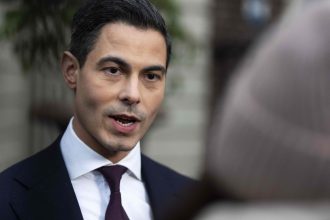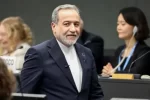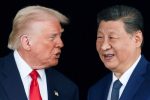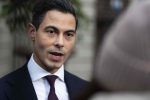SEOUL, South Korea, June 4 — With emotion in his voice and hope in his words, South Korea’s newly elected President, Lee Jae-myung, took the stage at the National Assembly on Wednesday, laying out a bold and compassionate vision for the country’s future — one built on dialogue, unity, and resilience.
Rising from a childhood marked by poverty, Lee has long been a symbol of perseverance. Now at the helm of South Korea’s highest office, he began his five-year term with a promise to mend broken relationships, both at home and abroad.
Speaking just hours after officially winning the presidency in a snap election triggered by the removal of former President Yoon Suk Yeol, Lee struck a tone of cautious optimism. He acknowledged the complex realities of geopolitics but insisted that communication and cooperation with North Korea must be part of the path forward.
“Peace cannot be forced with weapons alone,” he said. “We will engage in strong deterrence, yes, but also extend our hand to the North, reopening channels for dialogue and working to build a stable peace on the peninsula.”
Lee also emphasized the importance of strengthening ties with South Korea’s traditional allies, particularly the United States and Japan. Stressing “pragmatic diplomacy,” he framed these relationships as essential to navigating today’s rapidly shifting global economy and security climate.
“Through a diplomacy rooted in national interest,” he said, “we will turn crisis into opportunity.”
The Road Ahead
Lee’s speech was both a vision statement and a reality check. The challenges he faces are immense — from US trade tensions under President Trump’s tariff policies to the growing military bond between North Korea and Russia. While Lee avoided direct mention of trade conflicts, he made it clear that reinvigorating South Korea’s economy would be his administration’s top priority.
An emergency task force will be launched immediately to counter the risk of recession, he said. This comes as South Korea’s central bank recently slashed its key interest rate and lowered the country’s 2025 growth forecast to a troubling 0.8%.
International Reactions
World leaders were quick to respond. Japanese Prime Minister Shigeru Ishiba expressed eagerness to meet Lee soon and build deeper bilateral and commercial relations. Meanwhile, the US State Department reiterated its “ironclad” commitment to the alliance with Seoul, grounded in shared values and mutual defense.
While North Korea has yet to respond publicly to Lee’s outreach, geopolitical tensions remain high. Russia’s Tass news agency reported that a top aide to President Putin visited Pyongyang on the same day, underlining growing ties between North Korea and Russia.
Healing a Divided Nation
Back home, Lee’s address took a deeply emotional turn as he acknowledged the political scars left by the controversial martial law imposed by his predecessor. He called it a “rebellion that seized people’s sovereignty with arms,” promising a full investigation — not for vengeance, he insisted, but for justice.
In a poignant appeal to unity, he said:
“Let us rise from this pain together. Let hope bloom again over our shared wounds.”
Even as Lee faces his own legal battles — five pending trials on corruption and other charges, now paused due to presidential immunity — he reiterated his vow to combat inequality and reduce the growing gap between Seoul and rural regions.
“Inequality is more than an economic issue,” he said. “It is a threat to our democracy, our stability, and our future.”
Without the usual two-month transition period, Lee’s presidency began immediately. The road ahead may be turbulent, but for now, South Korea has a new leader at the helm — one who brings with him a promise to listen, to lead, and to heal.
